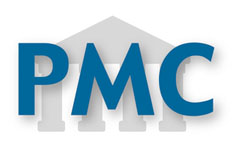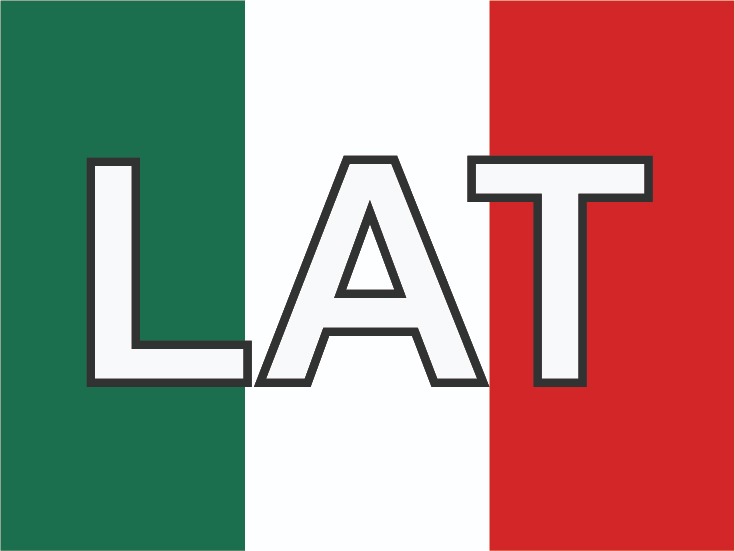Evaluation of an educational, theater-based intervention on attitudes toward organ donation in Risaralda, Colombia
Abstract
Introduction: The shortage of organs for transplantation is a worldwide problem and the main cause is the refusal of family members to donate. Consent to donate is influenced by many factors and educational interventions are strongly recommended.
Objective: To evaluate the impact of an educational, theater-based strategy on the attitudes toward organ donation.
Methodology: This study employed an intervention using theater as the central tool. The impact of this intervention on the intention to donate was assessed through a controlled, prospective, non randomized designed study. The sample consisted of 1,038 people. All the participants answered a survey that asked about sex, age and intent to donate. Afterward, one portion of the sample was exposed to the play, The Gift of Life, and a subsequent discussion forum that was guided by experts. The same survey was administered again after the intervention.
Results: Before the intervention, donation attitudes were positive in 68.3% of the responses, negative in 6.8% and uncertain in 24.9%. Females showed a greater intent to donate while age had no apparent influence on the donation decision. Those exposed to the intervention were found to be more likely to donate and show a favorable change in attitude toward donation than those who were not exposed to the intervention.
Conclusion: An educational intervention using theater is an effective tool to generate a short-term change in the intent to donate. Educational strategies should be employed to increase the rates of organ donation.
Authors
Downloads
Keywords
- Education
- tissue and organ procurement
- drama
- organ transplantation
- healtcare acceptability
- organ donations.
References
1. Cantarovich F. The organ shortage: a social paradox to be eversed. Transplant Proc. 2002; 34(8): 3031-4.
2. INS. Informe final Red Nacional de Donación y Trasplantes. In: Instituto Nacional de Salud C, editor. Informe Final Red Donacion y Trasplantes. Bogotá 2010. p. 30.
3. Whiting JF, Kiberd B, Kalo Z, Keown P, Roels L, Kjerulf M. Cost-effectiveness of organ donation: evaluating investment into donor action and other donor initiatives. Am J Transplant. 2004; 4(4): 569-73.
4. Abouna GM. Ethical issues in organ transplantation. Med Princ Pract 2003; 12(1): 54-69.
5. Alvaro EM, Jones SP, Robles AS, Siegel JT. Predictors of organ donation behavior among Hispanic Americans. Prog Transplant. 2005; 15(2): 149-56.
6. Anker AE, Feeley TH. Asking the difficult questions: message strategies used by organ procurement coordinators in requesting familial consent to organ donation. J Health Commun. 2011: 1-17.
7. Siminoff LA, Gordon N, Hewlett J, Arnold RM. Factors influencing families’ consent for donation of solid organs for transplantation. JAMA. 2001; 286(1): 71-7.
8. Martinez JM, Lopez JS, Martin A, Martin MJ, Scandroglio B, Martin JM. Organ donation and family decision-making within the Spanish donation system. Soc Sci Med. 2001; 53(4): 405-21.
9. Rando Calvo B., Blanca M. J., de Frutos MA. La toma de decisión sobre donación de órganos en la población andaluza. Psicothema. 2002; 14(2): 300-9.
10. Schulz PJ, Nakamoto K, Brinberg D, Haes J. More than nation and knowledge: cultural micro-diversity and organ donation in Switzerland. Patient Educ Couns. 2006; 64(1-3): 294-302.
11. Cantarovich F. Improvement in organ shortage through education. Transplantation. 2002; 73(11): 1844-6.
12. González RP, JM. Jiménez, O. Rodríguez, MS. Vásquez, P. González, F. Familiares de pacientes en muerte encefálica: actitudes frente a la muerte y donación de órganos / Patient’s family in brain death: attitudes in front of death and organ donation. Boletín del Hospital de San Juan de Dios. 2001; 48(6): 381-6.
13. Bohorquez H. Red de trasplantes: un trabajo en equipo para Santafé de Bogotá / The organ transplantation network: teamwork for Santafé de Bogotá. Rev Colomb Cir. 1999; 14(1): 31-53.
14. Bartlett R, Townsend N. Using drama to promote discussion of ethical issues: Pig in the Middle. Bull Med Ethics. 1998; 136: 18.
15. Sanchez JC, Gutierrez JC, Morales MD. Cinema and theater as training tools for health students. Fam Med. 2010; 42(6): 398-9.
16. Seguin A, Rancourt C. The theatre: an effective tool for health promotion. World Health Forum. 1996; 17(1): 64-9.
17. Conesa Bernal C, Rios Zambudio A, Ramirez Romero P, Parrilla Paricio P. The Catholics and organ donations. Med Clin. 2004; 123(10): 397-8.
18. Yeung I, Kong SH, Lee J. Attitudes towards organ donation in Hong Kong. Soc Sci Med. 2000; 50(11): 1643-54.
19. Rios A, Cascales P, Martinez L, Ramirez P, Sanchez J, Jarvis N, et al. Attitude of Scottish residents living in southeastern Spain toward organ donation. Transplant Proc 2008; 40(9): 2867-71.
20. Colak M, Ersoy K, Haberal M, Gurdamar D, Gercek O. A household study to determine attitudes and beliefs related to organ transplantation and donation: a pilot study in Yapracik Village, Ankara, Turkey. Transplant Proc. 2008; 40(1): 29-33.
21. Schauenburg H, Hildebrandt A. Public knowledge and attitudes on organ donation do not differ in Germany and Spain. Transplant Proc. 2006; 38(5): 1218-20.
22. Rios A, Febrero B, Martinez-Alarcon L, Lopez-Navas A, Sanchez J, Guzman D, et al. Evaluation of attitudes toward living organ donation: a multicenter study of compulsory secondary school education teachers. Transplant Proc. 2010; 42(8): 3106-8.
23. Callender CO, Miles PV. Minority organ donation: the power of an educated community. J Am Coll Surg. 2010; 210(5): 708-15.
24. Cantarovich F. Education, a chance to modify organ shortage: a different message to society. Transplant Proc 2002; 34(7): 2511-2. 25.25. Cantarovich F. The role of education in increasing organ donation. Ann Transplant. 2004; 9(1): 39-42.
25. Cantarovich F. The role of education in increasing organ donation. Ann Transplant. 2004; 9(1): 39-42.
The copy rights of the articles published in Colombia Médica belong to the Universidad del Valle. The contents of the articles that appear in the Journal are exclusively the responsibility of the authors and do not necessarily reflect the opinions of the Editorial Committee of the Journal. It is allowed to reproduce the material published in Colombia Médica without prior authorization for non-commercial use




















